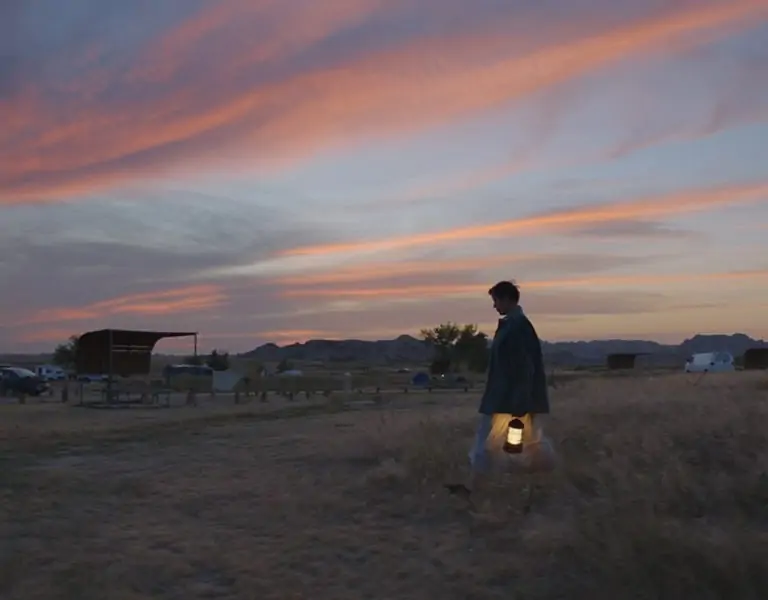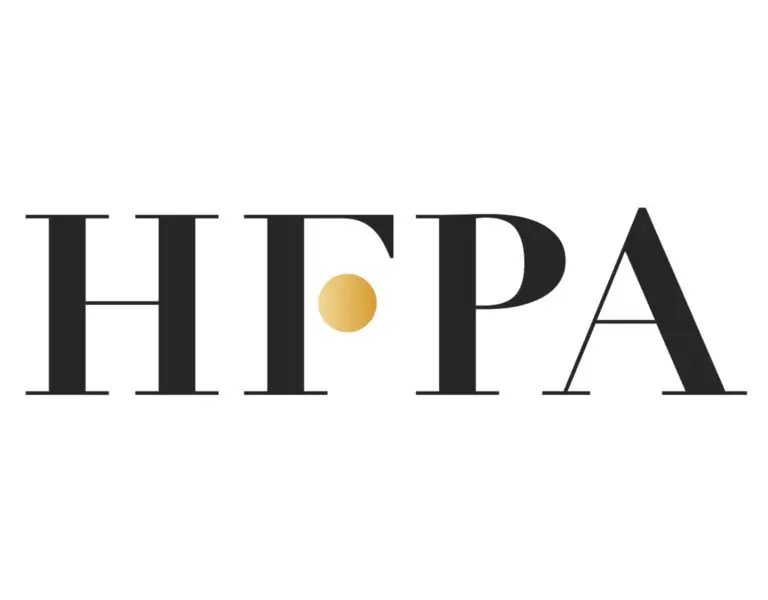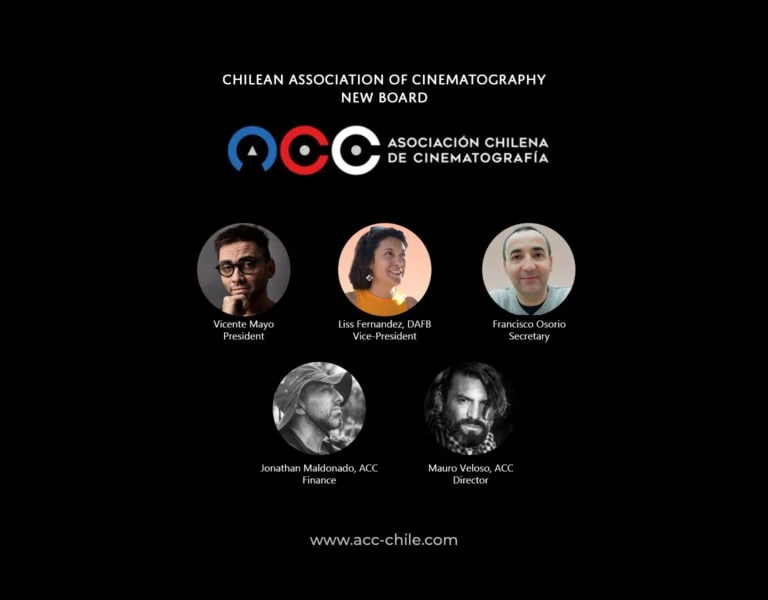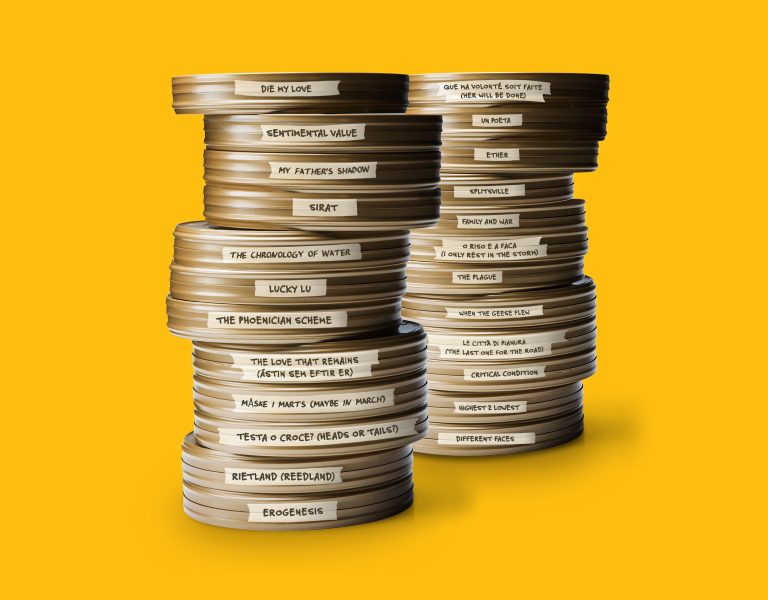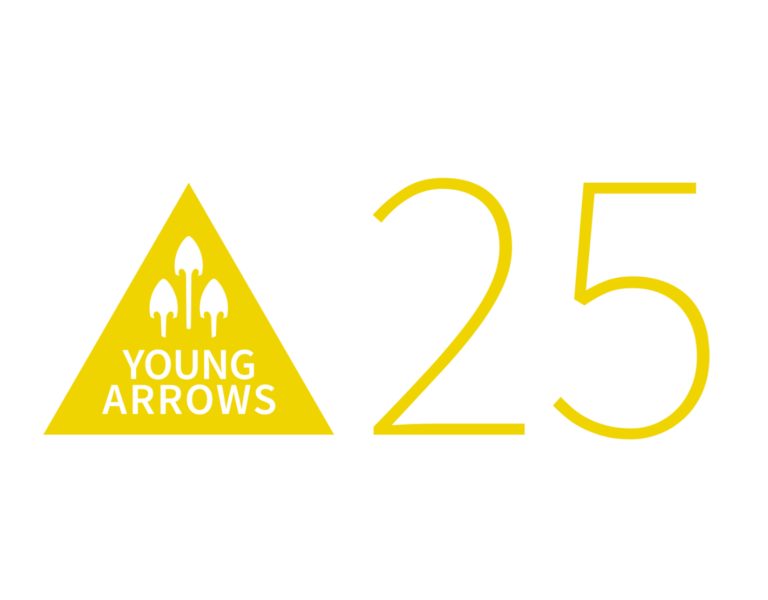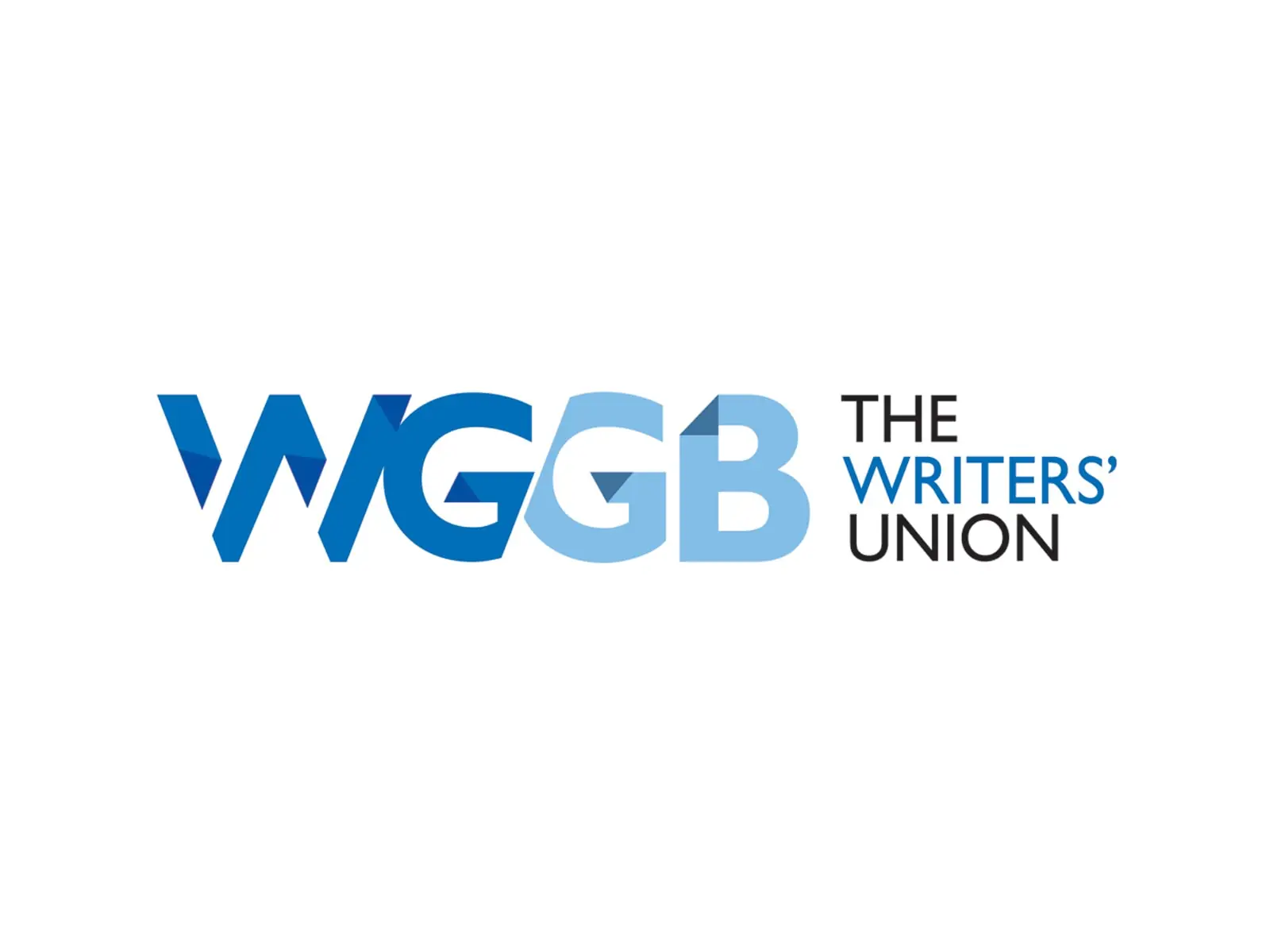
With 87% of people working in film and TV experiencing poor mental health, it is important that everyone across the industry comes together to create positive cultural change to our working environments. In support of this, unions, guilds and professional associations must play their part in improving practice and setting standards that encourage healthier workplaces.
The Writers’ Guild of Great Britain (WGGB) and Directors UK are actively working together to promote professional excellence and share a passionate commitment to combatting bullying and harassment in the creative industries.
They are therefore delighted to launch new joint guidelines, Creating Positive Collaborations: Writers & Directors.
The traditional role of writer and director is changing. As film and high-end TV converge, writers and directors can find themselves moving between formats throughout their careers. While both still have expert roles to play, the creative lines can become blurred, leading to potential conflict when it comes time to collaborate.
The best-practice guidelines have arisen from reports from both organisations’ members that writers and directors are being kept apart by colleagues who are keen to avoid artistic confrontation, yet this separation can lead to miscommunication, a loss of trust and a stifling of the artistic process. This is particularly acute in the transitional period where script development gives way to production.
Writers Emma Reeves and Tom Williams and director Bill Anderson were involved in crafting the guidelines.
Speaking today, WGGB TV Chair and working writer Emma Reeves said: “Working relationships between writers and directors can sometimes be fraught, but they can also be joyously fulfilling. In TV and film, the structure of the industry too often keeps us apart. Lack of communication can exacerbate paranoia, distrust and conflict. Creating Positive Collaborations encourages directors and writers everywhere to make an extra effort to connect, to respect each other’s work and to inspire each other.”
WGGB Film Chair and working writer Tom Williams said: “Making film and television is the ultimate collaborative creative endeavour, but this process takes experience, patience and respect. It’s fantastic to see WGGB and Directors UK coming together to deliver Creating Positive Collaborations, steering our members towards closer, more harmonious and more productive working relationships.”
Former Directors UK Vice-Chair and working director Bill Anderson said: “Working together, Directors UK and WGGB have forged a best practice guide to encourage our members to harmonise their passion for screen storytelling. Creating Positive Collaborations offers practical advice for writers and directors on how to access the best in each other’s complementary storytelling skills. This timely initiative will not only help directors and writers fruitfully reconnect as key creatives, it will fundamentally improve the experience we offer our audiences.”
WGGB General Secretary Ellie Peers added: “A shared vision, respectful communication and commitment to resolving conflict are all essential ingredients that should underpin the alchemy that occurs when writer and director come together, but sadly the many pressures of working in film and TV often intervene. We hope these new joint guidelines will point the way to smoother, more fulfilling and ultimately more creative collaborations.”
Directors UK Head of Campaigns Natasha Moore highlighted the importance of the guidelines to the film and TV industry: “In the film and TV industry where mental health is well documented as being poor, Directors UK is actively working to create a more positive working environment, using professionalism and excellence in directing craft as a key tool for cultural change. By showing what good practice looks like, we can set the tone as creative leaders, and create a model that should become daily practice for ensuring healthier working environments and respectful collaboration.”
